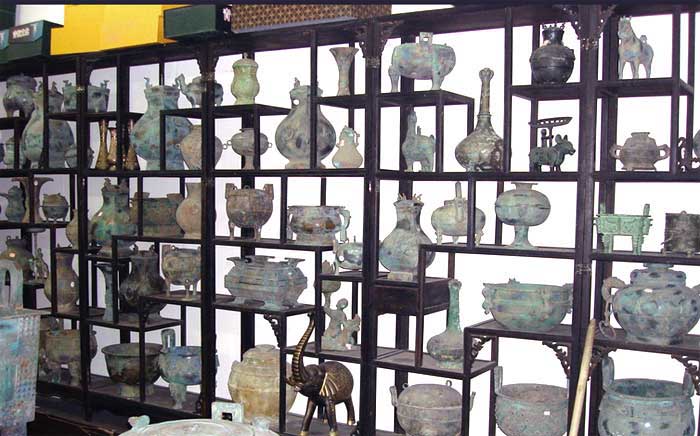With a lot of things that has been going on in China in the previous months, it may be perceived that there are also numerous topics that can be used to complete an essay writing task. On the other hand, people are typically caught up just staring at something that will eventually lose your sight along the way. There are certain instances that occurred in July this year, August and June of 2013 as well. There are also numerous times when some amusing and unwanted instances occurred. The vigorous an unbalanced economic system of China is actually invading something that may be called the phase shift. It may also be not as grand as the rebalancing method that will be best in re-structuring debts in an upturned manner.
People who view China in this manner may have been able to determine a not so typical panic, shocks and even credit crunches that may have gone through, but somewhat that may have the important practice in a series of very related amusing. These amusing instances were all linked to debts and that may happen regularly for so many years, each of the amusing instance will progress or even delay the rebalancing method, so that it may affect the method of the future shocks to happen. There are some few wide paths along with the Chinese economy that may bring re-balance. If you can get some sense out of the China's official restrains and balance sheet structures, only then you will determine the meaning behind the figures and how they were linked with one another.
To be able to get the figures right, it is important to comprehend the undercurrents of the debt as well as the balance sheet and its structures in a generalize manner. Around 4 years back, a client has sent a research report from the Standard Chartered Bank wherein the Analyst from China gave warning that while the Chinese debt levels were still insignificant, there was still a probability, though it is quite low or thin, but if it is not important, the credit growth will rise dramatically and the debt will be a big problem for the policymakers. At the moment, things are still manageable, however, it is also probable that Beijing may neglect the proper way to handle their debt issues.
It may be considered as a devastating agreement at that time when the growth of China was still strong, easy to maintain, they may generate GDP growth rates for decades that weren't lower than around 10% that has been seen in the past 3 decades. As the client sent the report with the remarks that the sell side has been known that the economic status of China was at risk then. There was an analyst who had been a part of the devastating bull consensus once said that at last, the start to comprehend the economic condition of China along with the issues it has been facing. Though, this concern is still unconfirmed. It may be that those who have comprehended the growth of the Chinese model may have also understood that it is also over dependent on the fuel growth investment, combined with the structure of the credit markets, massive moral risk, awful low interest rates to name some that made the debts soar at its highest and may be hard to repair.
To say that it may only occur in the government being handled by Xi Jinping, the mismanagement process says that the analyst wasn't able to understood the self-reinforcing links between the soaring debt and the lessening growth. It has also been underestimated how hard it may be for the new government to rise from the debt and deal with the declining growth. It was just under computed how hard it may seem for the new government to break out in this kind of method. It is bound to occur, no matter what the administration do and how much to exert effort to get this job done. He cannot hinder being blamed for not being able to become competent in handling the government management accordingly.
There was just a big dissimilarity between the acknowledgement given by China with all of the debts and comprehending how the debts were formed and how they were made to embed in the financial system, however, the Standard Chartered representative assumed that the former affects the latter. However, there was a certain misunderstanding about how they were able to handle the data interpretation and this reaches to the primary of the analysts that handles the data of China. Lardy do believe that China is in a good condition, economical wise and that sums up the positive growth predictions. According to this similar data, there was a writing from Lardy that has been published for some time now. The growth to slow sharply is just a must expect. The present condition of the China's growth is long term; it may be around 6-7%. China may grow at around 8% for one year and for 5-10 years still.




